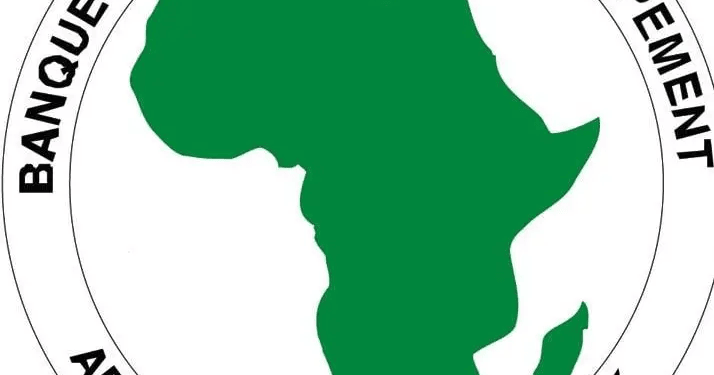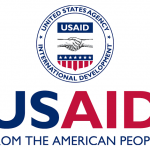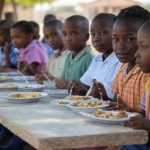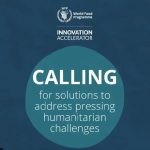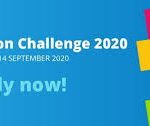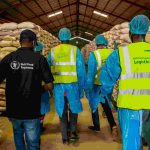The African Development Bank (AfDB) has approved a $1 million grant from its Special Relief Fund to provide emergency food aid to flood-affected communities in Northeastern Nigeria. The intervention, in collaboration with the World Food Programme (WFP), aims to mitigate the deepening humanitarian crisis triggered by severe flooding in Borno State.
The funding follows the devastating September 2024 floods, which worsened food insecurity in a region already struggling with conflict, displacement, and economic hardship. According to WFP’s Country Director in Nigeria, David Stevenson, the floods displaced families who had begun rebuilding their lives after years of violence, making survival even more difficult.
“AfDB’s support is timely and comes as a lifeline for those struggling to feed themselves amid rising food prices and economic turmoil,” Stevenson said in Maiduguri.
Nigeria’s food insecurity is projected to escalate in the coming months. The Cadre Harmonisé, a biannual food security assessment covering 26 states and the Federal Capital Territory, estimates that 33 million Nigerians could face food shortages by August 2025.
AfDB’s Director-General for Nigeria, Abdul Kamara, expressed hope that the funding would help ease suffering in vulnerable communities. He also commended the Nigerian government and WFP for their efforts in navigating difficult conditions to assist affected families.
The new funding aligns with AfDB’s broader initiatives in Nigeria, including the restructuring of key agricultural and climate adaptation programs in Borno, Yobe, and Adamawa states. These efforts, including the Programme for Integrated Agricultural Development and the Inclusive Basic Service Delivery and Livelihood Empowerment Programme, aim to strengthen resilience and improve living conditions.
WFP, as part of the Borno State Development Plan, provides monthly food and nutrition assistance to one million people in the state. The agency also trains healthcare workers to screen and manage acute malnutrition among women and children while promoting better nutrition practices.
Beyond emergency aid, AfDB has played a critical role in Nigeria’s economic growth, investing in infrastructure, agriculture, healthcare, energy, and financial inclusion. Similarly, WFP, the world’s largest humanitarian organization, operates in some of the most challenging environments, delivering life-saving food assistance while promoting long-term strategies to combat hunger and poverty.
Through collaborations with governments and institutions like AfDB, WFP not only responds to immediate crises but also supports sustainable solutions that enhance food security and economic stability across Africa.


